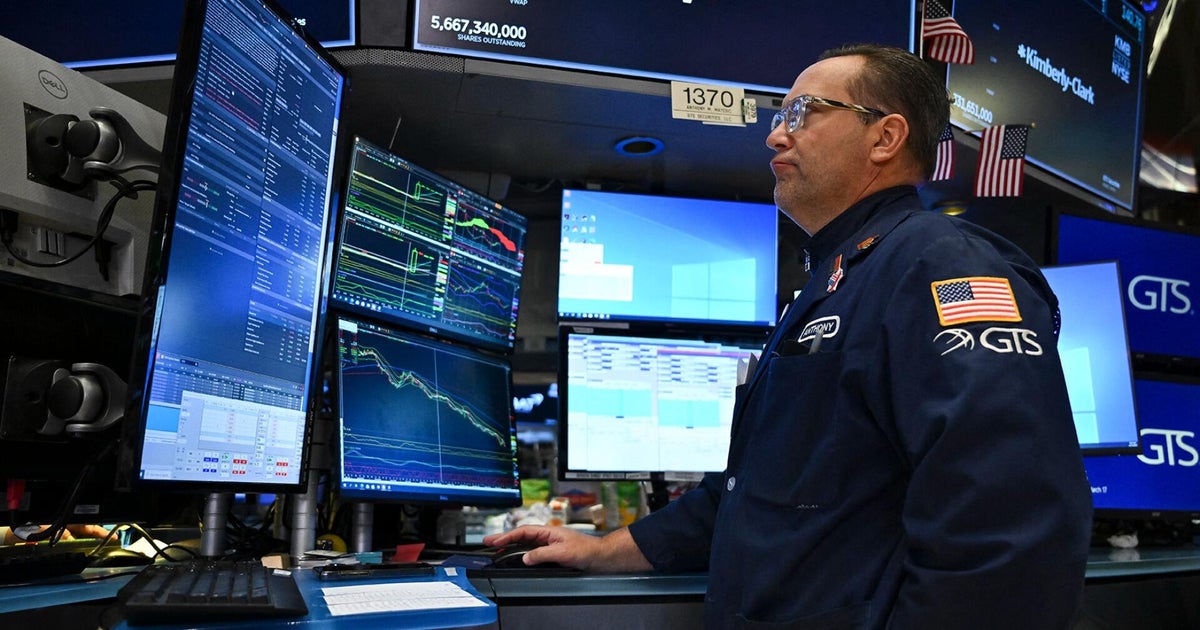Twitter's terrible 2016 just got worse
Twitter’s (TWTR) could be forgiven for hoping 2016 just ends, without the company getting any more bad press. But no. The microblogging service has acknowledged that it inadvertently overcharged some advertisers for video ads, capping off a year that has featured a failed sale of the company, the departure of six of its 10 top executives and a nearly 30 percent drop in its stock price.
As Business Insider reported, a bug in a recent version of Twitter’s Android App inflated some metrics by as much as 35 percent for video ad campaigns that ran between Nov. 7 and Dec. 12. The San Francisco-based company issued refunds to the affected advertisers, which in many cases were for minimal amounts of money, a person familiar with the situation said.
“The impact was limited given this happened only on Android clients over the course of a month,” the San Francisco-based company said in a statement. “This was a technical error, not a policy or definition issue, so it has been resolved.”
Twitter declined to elaborate further. Major advertisers don’t rely solely on data from providers like Twitter to determine the effectiveness of their ads.
“I don’t think this as fatal as it is embarrassing,” said Michael Pachter, an analyst at Wedbush Securities, who rates Twitter stock as “neutral.”
The timing of the overcharges report comes amid growing concerns about Twitter by Wall Street analysts in the wake of this week’s unexpected departures of Chief Technology Officer Adam Messinger and Vice President for Product Josh McFarland. Earlier this year, Messinger was tasked with overseeing consumer-facing products and design in addition to his duties managing engineering and platforms. He joined Twitter in 2011, while McFarland had been there less than a year.
“We view C-Level changes as red flags for any business, and two unexpected C-level changes in a short period of time could, in our opinion, create significant investment risks,” wrote Neil Doshi in a recent note to clients. Doshi, an analyst at Mizuho Securities, rates Twitter stock as “underperform.” “We believe this could impact morale at the company,” he said, “and could potentially jeopardize business as marketers might view the firm as a less stable platform to partner with.”
Indeed, the exits of Messinger and McFarland came just a month after Chief Operating Officer Adam Bain quit and two weeks after Senior Vice President of Global Sales Richard Alfonsi resigned to join payments startup Stripe.
Wall Street analysts are concerned about even more executives departing at a time when Twitter is developing new products such as its live streaming of National Football League games and other events as it tries to reignite its decelerating growth.
Revenue in the third quarter rose 8 percent on a year-over-year basis, down from a 58 percent rate a year earlier. Monthly active users have barely increased over the past three quarters, at a rate of 3 percent, and rival sites such as Facebook (FB), YouTube and Snapchat continue to gain ad revenue and users at Twitter’s expense, according to Doshi.
Twitter ended efforts to sell itself earlier this year after potential suitors such as Walt Disney (DIS), Google parent Alphabet (GOOG) and Salesforce.com (CRM) decided to pass.
Twitter CEO Jack Dorsey’s decision to retain his position as CEO of payments processor Square (SQ) is another sore spot with Wall Street analysts who’ve long argued that Twitter is too complicated to use.
According to Pachter, Twitter has made improvements that many users may not know about because the company has communicated information about them poorly.
Pressure also is mounting on Twitter to crack down on abusive users.
“Twitter is not a safe place. There’s harassment. There’s sexism. There’s actual porn on there,” Pachter said. “It’s not a great place for a wholesome, family-friendly company like Disney.”



